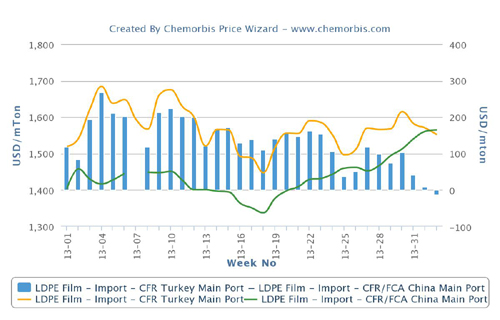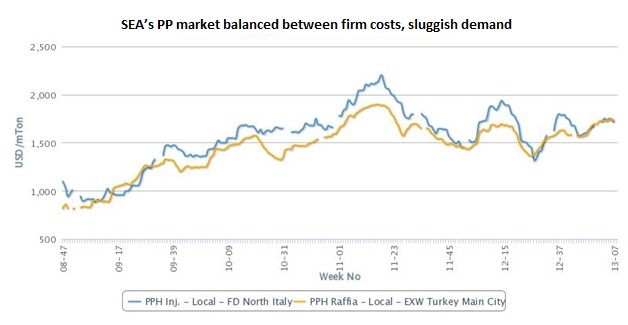
Oil and gasoline futures tumbled Friday on growing concerns about Europe’s economy. If the slide continues, it could pull down the average
gasoline pump price from a record high for this time of year.
Benchmark crude fell $1.81, or 2 percent, to finish at $87.24 per barrel in New York. Brent crude lost $1.78 to end at $112.77 per barrel in London.
Prices dropped after the European Central Bank said a top official was leaving unexpectedly. Juergen Stark, the bank’s top economist, resigned for personal reasons, but analysts took his departure as a sign of deepening divisions over how to solve Europe’s debt crisis.
Europe is a major consumer of diesel fuel, and its economic woes have sent tremors through world markets.
“We’re all interconnected,” independent analyst Andrew Lipow said. “If the European economy slows down, it’ll slow down spending on things that matter in the U.S., like tourism.”
Stocks also lost ground on the news out of Europe. In afternoon trading the Dow Jones industrial average, the S&P 500 index and the Nasdaq composite index were all down nearly 3 percent.
The ECB announcement pushed up the dollar, as the euro fell. That likely pulled oil even lower. Crude is priced in U.S. currency and tends to fall when the dollar rises and makes oil more expensive for investors holding foreign money.
Analysts also noted that Libya appears ready to start exporting oil again. After seven months of unrest that shut down its petroleum industry, Libya plans to load about 600,000 barrels of crude onto a tanker next week, according to Addison Armstrong, director of market research at Tradition Energy.
That’s a tiny amount, compared with the 1.5 million barrels per day that Libya used to export. Still it’s a promising sign that Libyan oil could soon be back on world markets.
Meanwhile the heart of America’s oil industry appeared to be safe from two tropical storms that threatened Gulf of Mexico oil platforms and refineries earlier in the week. Tropical Storm Nate curled West in the Gulf, toward Mexico. And a weak Tropical Storm Maria in the Atlantic was on track to head north, off the East Coast.
At the gas pump, the national average for a gallon of regular hit $3.659 on Friday. Gasoline is nearly 98 cents more than a year ago and just above the previous daily record set in 2008. Prices range from $3.43 a gallon in parts of the South to as much as $4.15 a gallon on the West Coast and in the Midwest, according to AAA, Oil Price Information Service and Wright Express.
U.S. gasoline prices broke daily records in the first five months of the year as developing nations pushed up world oil demand, while uprisings in the Middle East and North Africa raised concerns about supplies. The national average peaked this year on May 5, just short of $4 per gallon and the all-time record of $4.11 per gallon set in July 2008. Prices fell after that but have rebounded since late August.
In other energy trading, heating oil fell 5.85 cents, or almost 2 percent, to finish at $2.9858 per gallon and gasoline futures lost 11.42 cents, or 4 percent, to end at $2.771 per gallon. Natural gas fell 6.5 cents to finish the day at $3.915 per 1,000 cubic feet.






